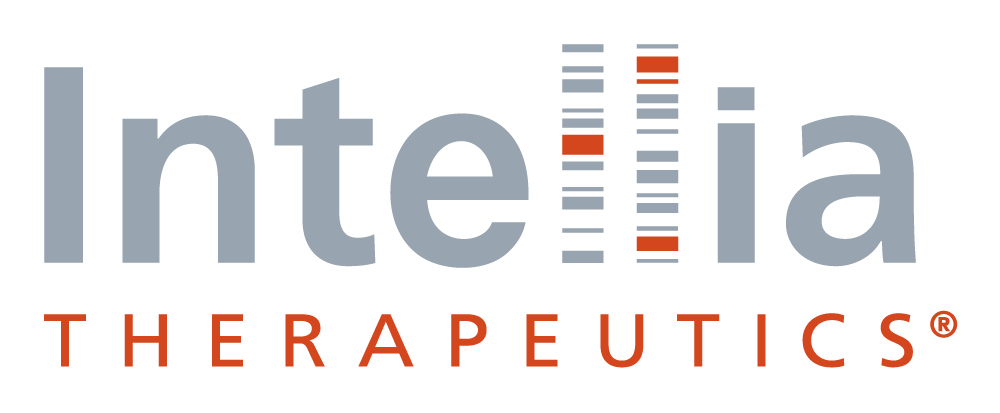CAMBRIDGE, Mass., Nov. 16, 2024 (GLOBE NEWSWIRE) -- Intellia Therapeutics, Inc. (NASDAQ:NTLA), a leading clinical-stage gene editing company focused on revolutionizing medicine with CRISPR-based therapies, today announced positive new clinical data from the ongoing Phase 1 trial of nexiguran ziclumeran (nex-z, also known as NTLA-2001) in patients with transthyretin (ATTR) amyloidosis. Nex-z is an investigational in vivo CRISPR-based gene editing therapy in development as a one-time treatment for ATTR amyloidosis. Development and commercialization of nex-z is led by Intellia as part of a multi-target collaboration with Regeneron.
The Phase 1 trial is an open-label, two-part study evaluating the safety and activity of nex-z in patients with either ATTR amyloidosis with cardiomyopathy (ATTR-CM) or hereditary ATTR amyloidosis with polyneuropathy (ATTRv-PN). New results from the Phase 1 study were as of the data cut-off date of August 21, 2024. The data from the ATTR-CM arm of the Phase 1 study were presented in a late-breaking oral presentation at the 2024 American Heart Association (AHA) Scientific Sessions in Chicago, Illinois, and published online in the New England Journal of Medicine.
“The Phase 1 data presented today offer compelling evidence that deep and persistently low levels of TTR reduction achieved with nex-z, an investigational in vivo CRISPR-based gene editing therapy, may favorably impact disease progression for people living with ATTR amyloidosis,” said Intellia President and Chief Executive Officer John Leonard, M.D. “The stability or improvement observed after a single dose of nex-z in multiple markers of cardiac disease progression is remarkable, especially considering the high proportion of patients with cardiomyopathy who had advanced heart failure. We observed similarly positive and consistent trends, indicative of a disease-modifying effect, in patients with hereditary ATTR amyloidosis with polyneuropathy. These results from the ongoing Phase 1 study increase our belief in the likelihood of success of our active Phase 3 studies based on our hypothesis that greater TTR reduction may lead to greater clinical benefit.”
Read full article here

